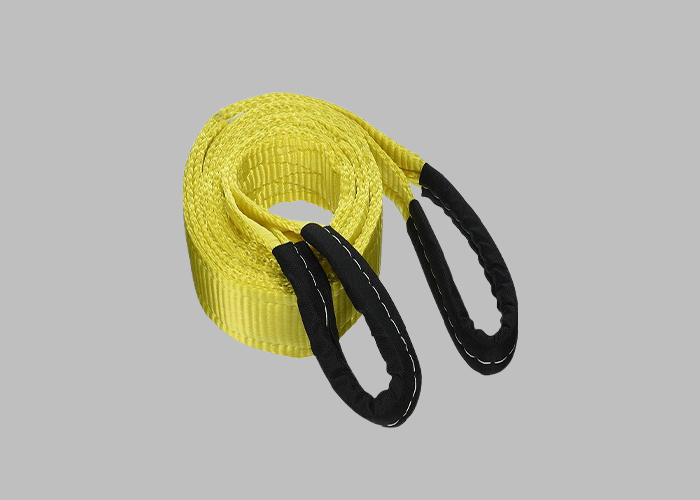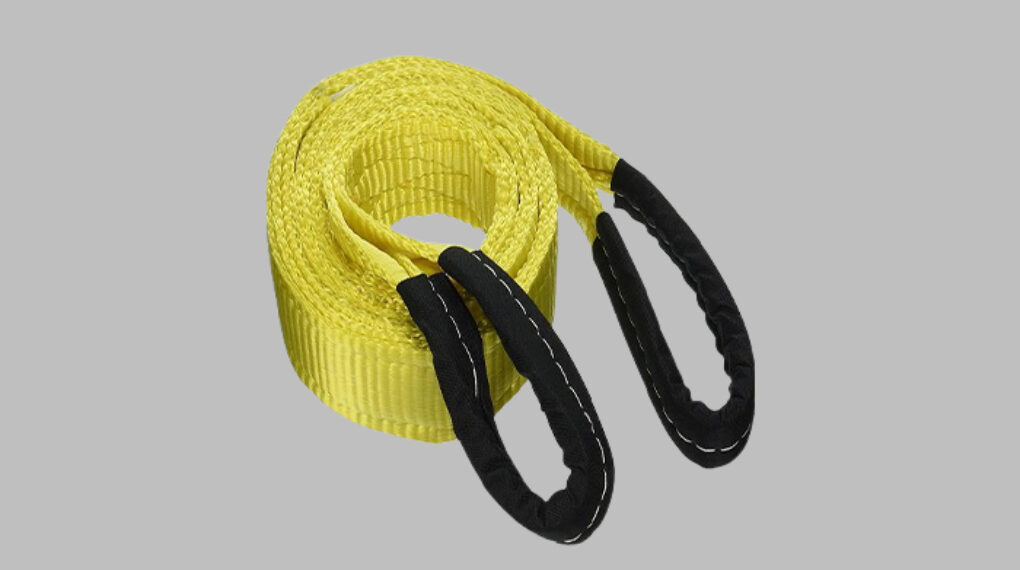
There are all kinds of industries that use cranes. For instance, you might find companies using them to load and unload goods. They are essential in some niches, and if your business works in one of them, you need to purchase cranes with a great industry reputation and have individuals on staff who can handle them
When using cranes to load and unload your products, usually during the shipping process, you might wonder about whether nylon or polyester slings are superior. These are the two most common options, and we’ll talk about which one you might choose in the following article.
What These Slings Offer
When you first look at polyester and nylon slings, you might find it hard to choose between them. That’s because they have quite a bit in common.
For instance, they both offer flexibility and grip strength. At the same time, both options can absorb shocks very well when you’ve loaded them up with products. If they’re carrying delicate products or equipment, you can feel confident that either a polyester or nylon sling will cushion and protect its cargo.
Still, you need to choose either one or the other, so you’ll have to look at some different criteria than what we’ve mentioned so far. Luckily, while these two materials share some characteristics, there are still some crucial differences.
In general, you could say the nylon sling is the better option if you’re looking for a material that needs to stretch as much as possible while still keeping the sling, its cargo, and the operator safe. You’ll want a polyester sling if you need one that can provide a secure grip while still not damaging the items it contains.
The Nylon Sling

Let’s get into a little more detail concerning nylon slings. You will see more United States-based companies use these than polyester. This material has a ton of stretch potential, so if you’re worried that your load is going to bounce, this has to be your top pick.
You have less of a snap-back possibility if you get a nylon sling for loading and unloading. It also resists becoming too slick around grease or oil. Since you will find those in some loading areas, you might want a nylon sling for that reason. It also resists caustic chemicals well.
If you have a job with unlimited overhead space, you’ll probably want a nylon sling. You won’t want to use one, though, if you work in a profession with acid or bleach around. The nylon sling can also conduct electricity and absorb water, so keep that in mind.
The Polyester Sling

As for the polyester sling variety, it’s more malleable and softer when you put it up alongside a nylon sling. If you are using it around delicate equipment or moving fragile cargo, this is almost always your top pick. It does not stretch anywhere near as much as its nylon counterpart, but it still provides decent stability for your product loads.
This is also a non-electricity-conducting option, and it resists water absorption too. If you’re going to load or unload items out in the elements, you’ll want the polyester sling over the nylon one. It is flexible enough to cover a large surface area while still giving you the grip strength you need.
You can expose it to bleach or acids, and if those are present in your workplace, this is your best option. You should never use it around the more caustic chemicals, though, such as alkalis. Polyester handles shock absorption reasonably well, but you should not count on it for the same precise load control that nylon gives you.
Which One Do You Need?
More than cost, you’ll probably want to pick either the polyester or nylon sling variety based on what industry you’re in and what you’re moving with the sling. You’ll need to look at the atmosphere in which you’ll use it.
Based on whether there are alkalis around, and also acids, caustic chemicals, and bleach, you might make your selection because of that. Maybe you’ll pick one or the other because of working around water since the polyester sling resists moisture absorption better than the nylon ones.
Whichever you choose, make sure you go with a sling company that makes reliable products with outstanding industry reputations. It’s definitely helpful to look at online reviews and talk to company representatives if you’re still uncertain after looking on the manufacturer’s websites.
Read Also:






